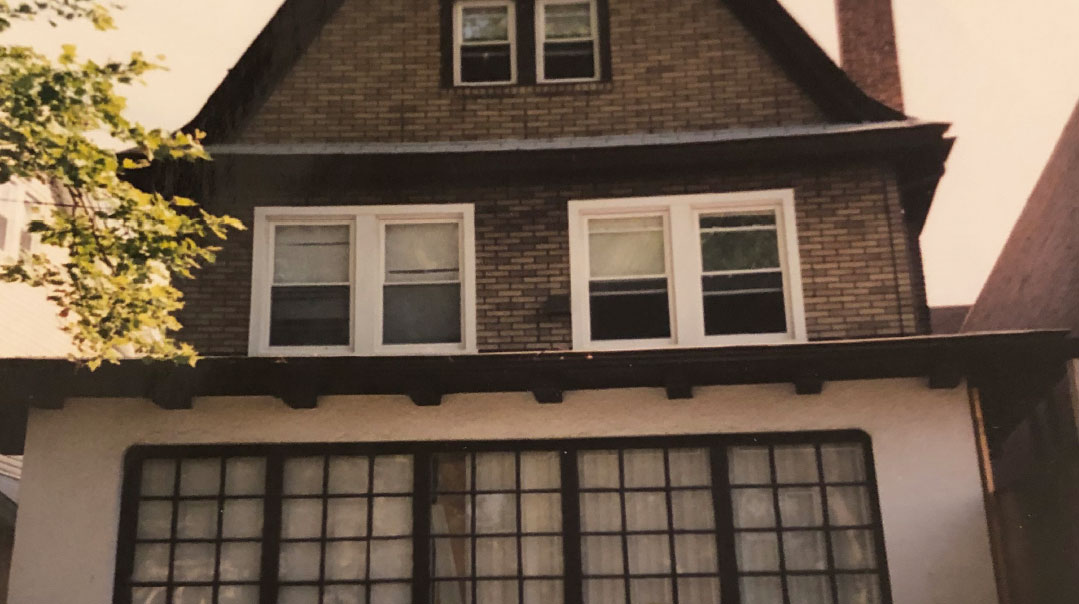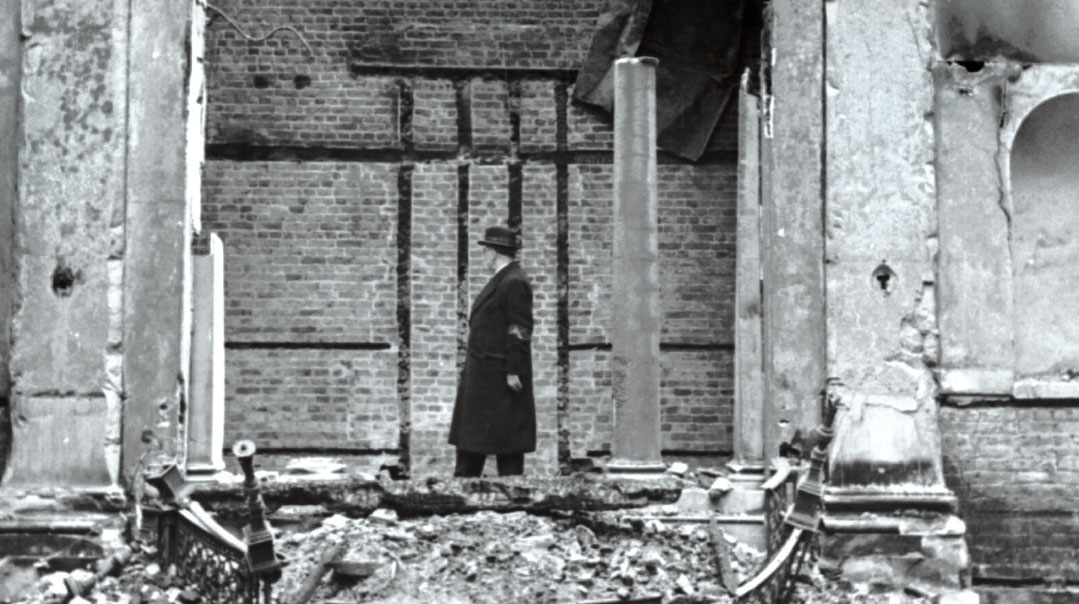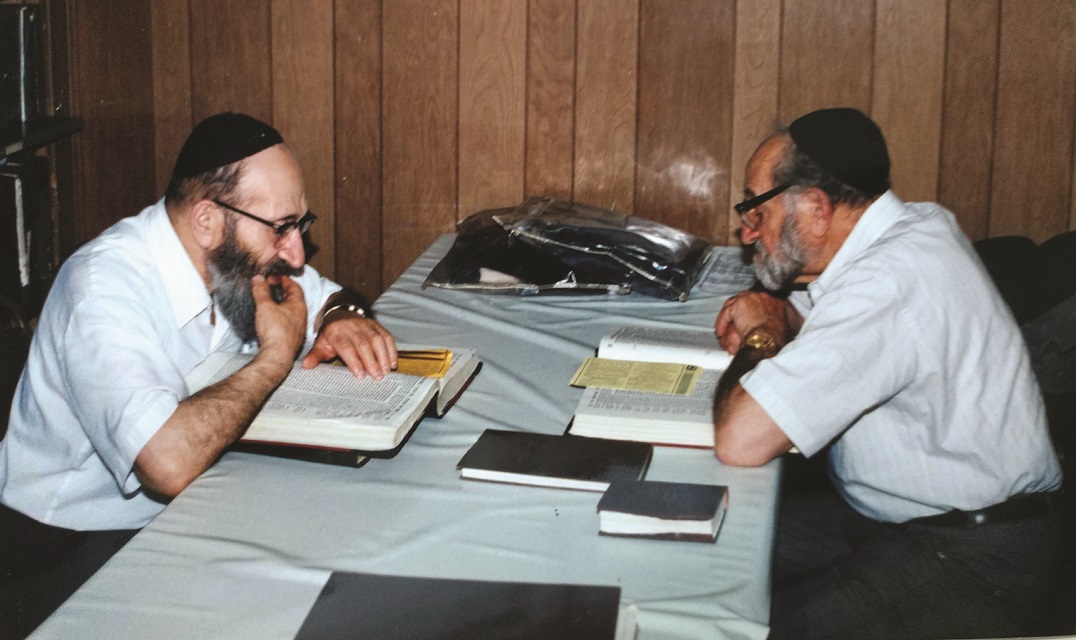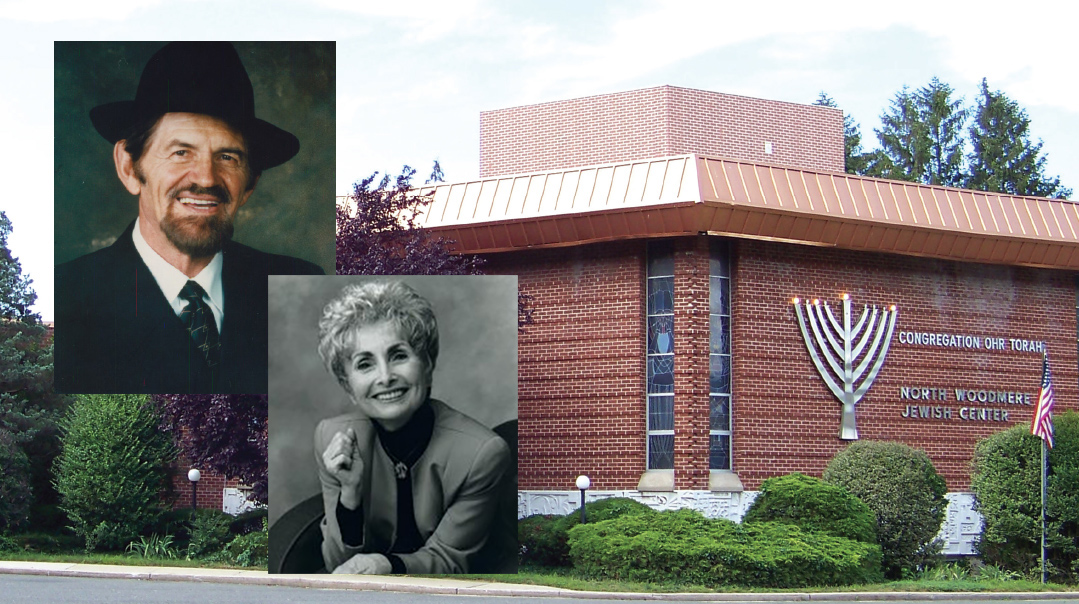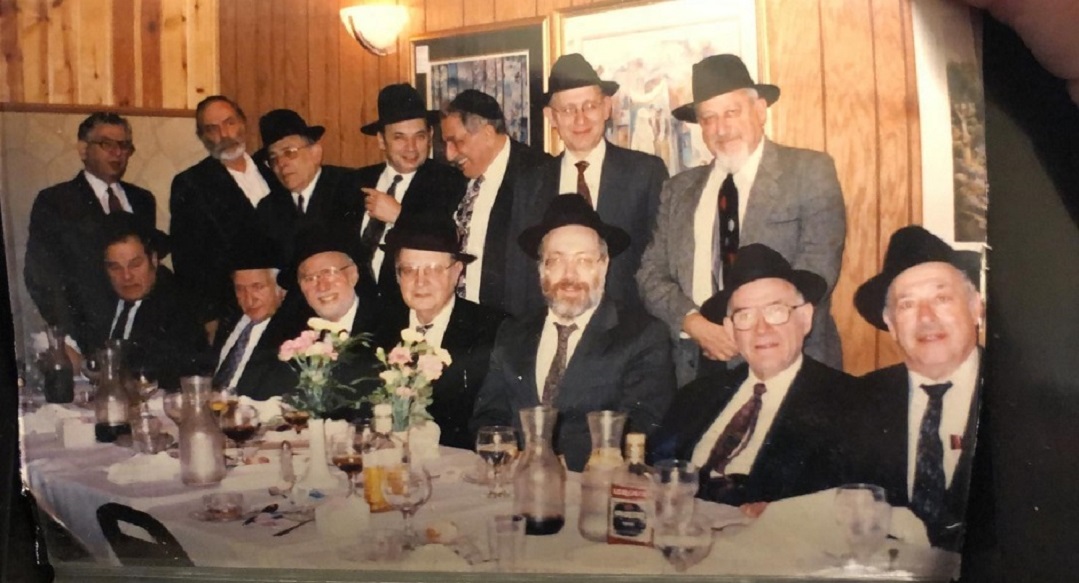Driven to Make the Minyan
| April 25, 2018How does one learn courage and dedication from people who eat treif and can’t read a pasuk of Chumash? The synagogue where I grew up taught me the answer
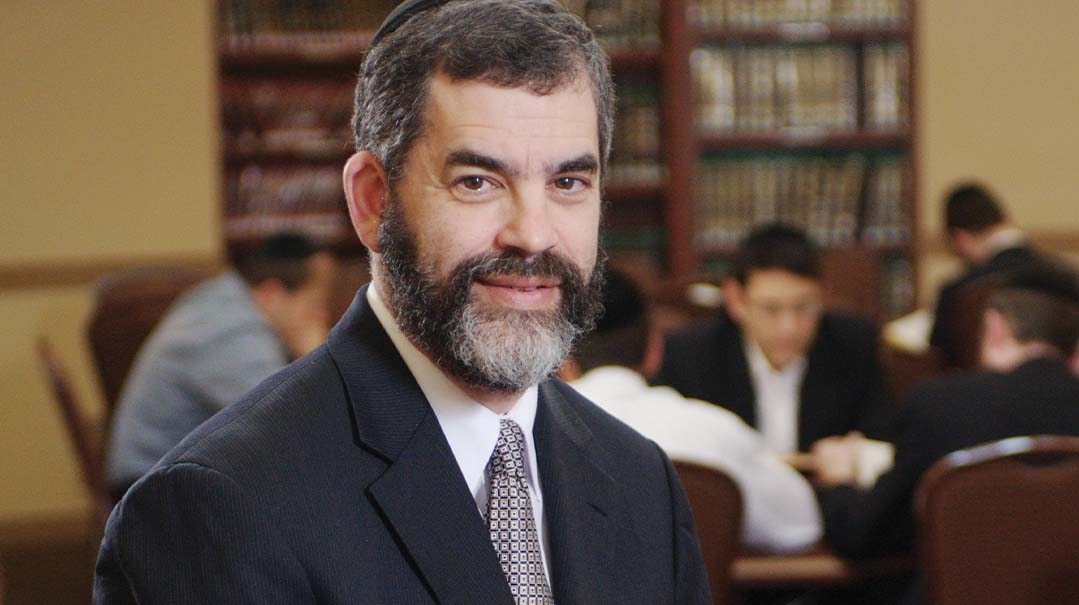
M
y father’s kehillah expressed devotion by driving to Shabbos services — but their loyalty sustained a shul that stood for all the right things
After my father shlita and my rebbi z”l, the shul of my youth, of which my father was the rabbi, may be the most significant factor in my development as a Jew. This would appear to be unlikely, since that shul’s lay leadership was, at that time, a group of devoted but largely nonobservant people.
How does one love Jews who live entirely differently than you do? How does one articulate Jewish principles and concepts to people who lack the vocabulary to understand them? How does one learn to believe in the potential of a Jew who seems not to move forward in his observance over a period of many years? Even more challenging: How does one learn to discern — and emulate — positive character traits in people who eat treif and cannot read a pasuk of Chumash?
The shul of my youth — Congregation Beth Jacob of Atlanta — taught me that there are answers to these questions.
Not that memories of my childhood shul are so ponderous. They are memories of fragrances and flavor, of larger-than-life characters, of humorous personalities, of ignorance gone wild.
Fragrance: My earliest shul memory is olfactory, not pertaining to image or event. Whenever I encounter a certain scent, I immediately remember Bess Harstein, Sisterhood president and devoted volunteer, who wore only one kind of perfume, it seemed, throughout the entire 1950s, ’60s, ’70s, and ’80s. (I believe I detected that perfume when I officiated at her funeral.) The fragrance instantly transports me back to a time when she, and a handful of other women, seemed endlessly to be in the shul kitchen and office, volunteering to do what is now done by hired hands, and always finding time to fawn over us, the Rabbi’s children, while nurturing their little Orthodox shul.
Flavor: The fish balls served at kiddush often turned a bit sour by the time they were offered again at Shalosh Seudos, probably suffering from a lack of refrigeration between Mussaf and Minchah. Shul was like that for me — a place of nurture that was sometimes “off,” filled with a cadre of people whose devotion was evidenced by their regular attendance but whose lack of Jewish education was expressed in their off-center tefillin and mispronounced words, or even creation of new ones.
Creative ignorance: We will never forget the loyal minyanaire who lived less than a mile from shul but who, not wanting to be a “hypocrite,” thought he had to drive to shul on Shabbos. He would sit at Shalosh Seudos and sing “Yom zeh mekubar mikol yamim,” his illiteracy great enough to protect him from realizing the bitter irony that, not only was he reading the song incorrectly, but actually editing it to reflect the way he was relating to Shabbos — as a day about to be buried by a generation, instead of, as the song intends, the most honored (mechubad) of all days.
And then there was occasional sheliach tzibbur Fred Guttenburg, who famously would pause his repetition of the Shemoneh Esreh during Sunday morning minyan to interject “Gezuntheit!” when someone sneezed, an entreaty whose translation he certainly understood better than the refa’einu (prayer for healing) he was interrupting.
Shalosh Seudos. For me and my siblings, it was an exciting scene that provided us with an unfair but welcome advantage over my friends in a Coca Cola Bottling Company contest, which invited us to fill a chart with bottle caps featuring the names of Atlanta Braves players. A veritable treasure trove of bottle caps would come from Shalosh Seudos, when 20 or 30 ten-ounce bottles would be opened. The specters of Henry Aaron and Rico Carty were ever-present at Shalosh Seudos, even if the coveted bottle caps with their likenesses were rarer than a shomer Shabbos in Atlanta.
Devotion and ignorance mixed freely in the shul of my youth. Full Shabbos observance was a rarity among those who came to shul, but it took devotion to come to an Orthodox shul when all their fashionable friends were attending Conservative and Reform synagogues, all but sure that Orthodoxy was a relic of the past. And when the rabbi of said remnant of ancient times insisted that mitzvah observance was possible for American Jews, and beckoned them to give up their cars and color TVs one day a week, they stayed anyway (perhaps sure he would grow out of it with time).
I remember times when, on Shabbos morning, well after davening was supposed to start, I would go to the window facing the parking lot to see if the tenth man was driving in. I recall the times my father and I were walking to shul on Shabbos in the rain, only to have a shul-goer pull up in his car and offer us a ride. It just seemed impossible to them that we would be walking in a storm.
One can laugh and dismiss these people, but my shul taught me to look deeper. Some of them became shomer Shabbos. Some had children who are shomer Shabbos and grandchildren who are talmidei chachamim. They all — even those who tragically have non-Jewish grandchildren — have a share in a vibrant community that exists because a few relatively uneducated Jews preserved a place that stood for the truth and eternity of Torah.
There was a certain sweetness — indeed, courage — that accompanied their lack of education. These people were holding down the fort, so to speak, in a town where the assumption was that Orthodoxy was dying with their parents. These people loved the shul. They expressed their loyalty to Yiddishkeit by being faithful to the shul that stood for all the right things, even while living quite differently. They held on long enough to maintain and fortify an infrastructure that would sustain a more knowledgeable, informed, and observant Jewish community.
I think of the lesson of parah adumah: Out of defilement comes purity, which also implies that in defilement is contained purity.
Can a shul teach anything more precious than that?
(Originally feature in Mishpacha, Issue 707)
Oops! We could not locate your form.
